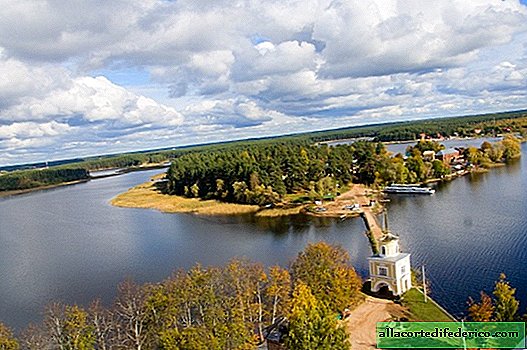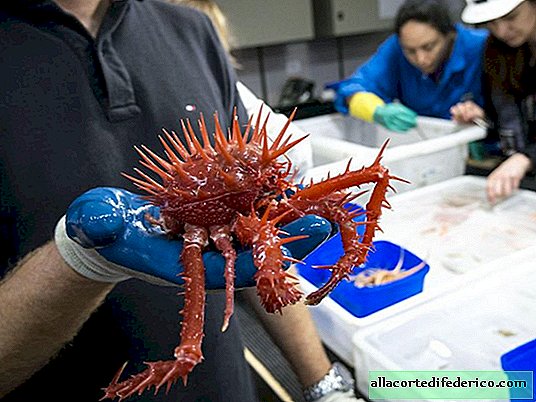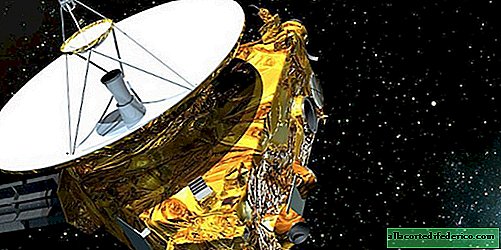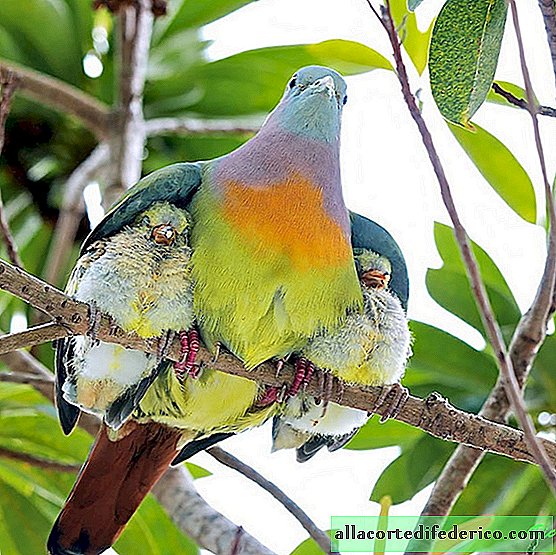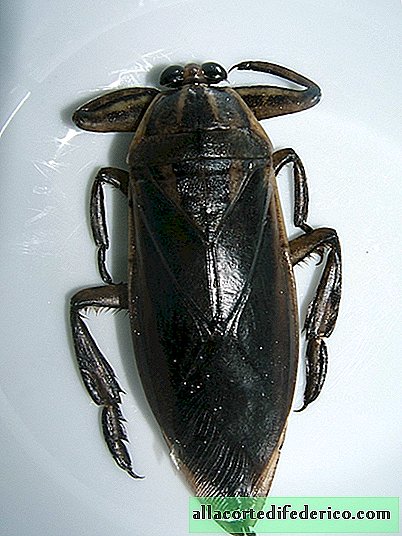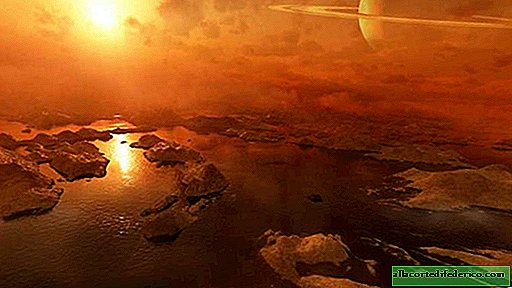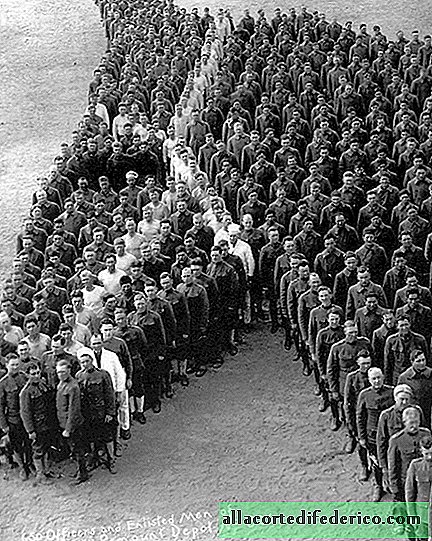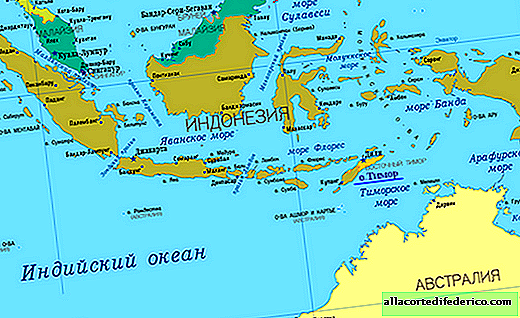Destroyed satellite could cause radioactive contamination of Russia and Europe
Excess concentrations of the radioactive isotope ruthenium-106 in atmospheric air were recorded in the fall of 2017 in Russia, as well as in some European countries.
In the Southern Urals, starting from September 25 and throughout the week, Roshydromet employees observed an excess of the total beta activity in samples of radioactive aerosols and fallouts. At the same time, the total concentration remained within normal limits and did not exceed values safe for health. A few days later, an increase in the radioactive background was observed in the territory of Tatarstan, Volgograd and Rostov regions.
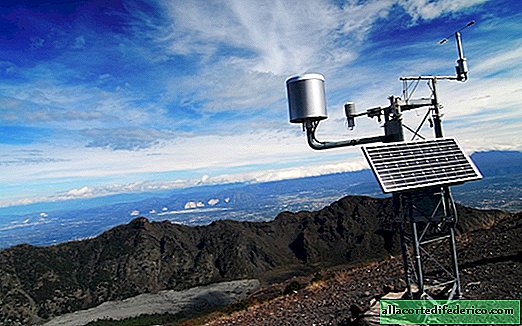
Along with Russia, some European countries reported their observations. Since September 29, excesses of ruthenium-106 have been recorded in Italy, Poland, Romania and other countries. According to some reports, in Romania, isotope concentrations were 1.5-2 times higher than in Russia. Moreover, in European countries, concentrations also remained within the normal range and did not threaten the health of the population.
Ruthenium-106 is a radioactive isotope of ruthenium, which does not exist in nature, it can be obtained only in laboratory or industrial conditions. This is an unstable isotope, the half-life (destruction) of which is 373 days. It is used in medicine, energy, as well as for marine navigation beacons or in the manufacture of small artificial Earth satellites. Thus, the appearance of ruthenium in the atmosphere can only be associated with human activities.
The reasons for this increase were immediately puzzled by specialists from many countries. Inspections were conducted at the well-known Ural enterprise NPO Mayak, which did not reveal any violations of technological processes or leaks of radioactive substances.

Some experts have suggested that the cause of the recorded excess could be an artificial Earth satellite destroyed in the upper atmosphere, which was used to produce ruthenium-106. Given the huge amount of space debris orbiting our planet, this assumption seems logical. Although those who disagree with this version cite the argument that all space satellites, even out of order, are subject to strict accounting, and such a disappearance would immediately become known. A number of experts note that in the event of the destruction of, for example, a reconnaissance satellite or other aircraft carrying out such activities, the owner of the loss would not advertise this event.
Be that as it may, the investigation of this incident is still ongoing, and numerous experts promise to sort this matter out.




